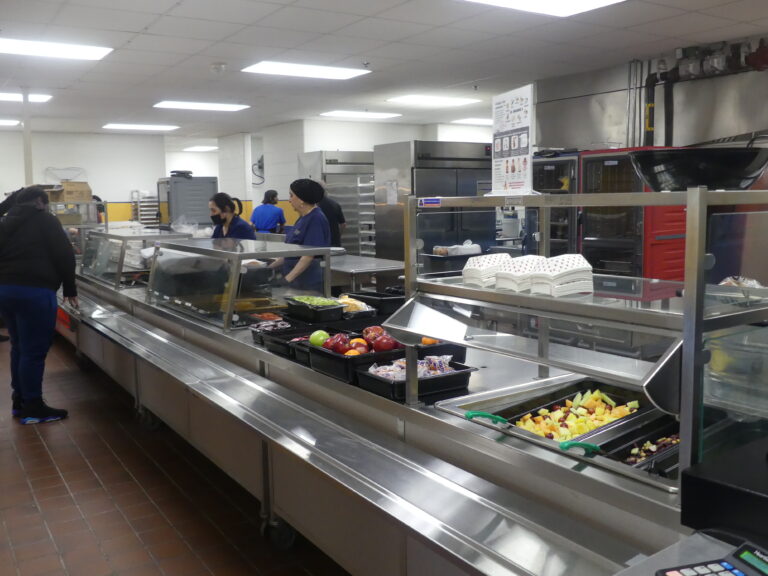By ANDREW COGLIANO
Hacking. In a world where nearly all information is saved, transmitted, and stored on the world wide web, this single word can send chills up anyone’s spine. In recent years, as hackers have gotten more serious in their efforts, so have those who stand to stop them. These mostly unknown guardians of all of the world’s information have been forced to become even more resourceful and crafty in order to protect what we take for granted. The safety of a complex labyrinth of firewalls and codes; of usernames and passwords; of glitches and matrices, all rest in the hands of a few very talented, and very devoted, people.
The Malden computer network is currently under the watchful eye of Khanh Du, the lead programmer of the system. He is judge, jury, and executioner when it comes to hacking crimes. Du says that “all schools staff and student’s information” is inside the network, meaning that literally everything, from student ID numbers to teacher resumes, lies in the computers. None of the data is ever exported to outside sources.
In terms of hacking and safety, Du admitted that “like any other network, there are some old servers that we need to patch up or replace”. These older serves act as hosts for all other programs, and a flaw in a server can result in a huge information breach. Thankfully, the administrators thought ahead and installed a series of firewalls, and also gave teachers and staff some special clearance codes.
A common internet security program, a firewall works by scanning and sorting lines of code that are sent into a computer. Afterwards, the approved codes are transmitted through the firewall and into the rest of the computer, and the excess codes (which are usually malicious software programs) are rejected. For example, it is common for students to say “I can’t get to Facebook because the firewall won’t let it through.” Firewalls are a cornerstone of nearly every respectable network because of their simplicity as well as their effectiveness.
Firewalls pertain to general security, but hackers don’t follow those rules. Du was prepared for this, and also installed an intrusion detector into the Malden firewalls. With this software buffing up the firewalls defense, Du and many other administrators will automatically know whenever there is a security breach, or even an attempted one.
With hacking, a quick response is a good response, and these detectors allow for the quickest response possible. At the heart of the network there exists a platoon of antivirus software, which detects viruses by bringing up a “dictionary” of virus signatures, tracking the culprit, and then forcibly removing or destroying it.
The Malden network is what Du calls a “star network”. Much like its celestial namesake, all the independent networks are routed together to create a more secure whole. The protocols that Du and others take to ensure the safety of all of the information in Malden are tedious, but definitely worth it; one wrong move, one downed server, and the whole system could essentially collapse.






